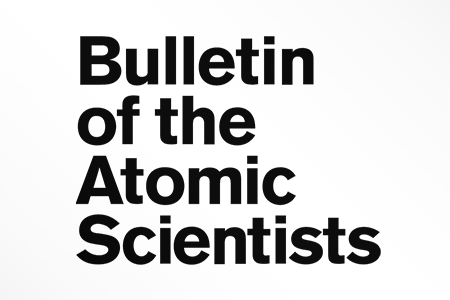
The United States should prioritize support to industry players that have minimized the proliferation risks of their prospective technology.

The conflict between Russia and Ukraine has severely impacted global nuclear governance, hindering progress in crucial forums such as the IAEA, NPT, and UN First Committee, amplifying frustration among non-nuclear countries.
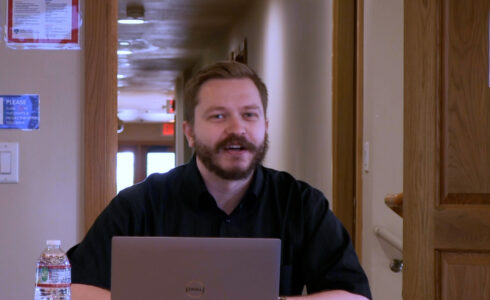
Neil Perry’s talk explores the application of cryptography to several critical areas of national security.
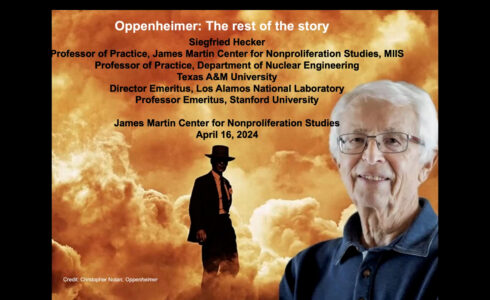
Dr. Hecker provides the back story to some key elements of the film and shares his views on the legacy of Oppenheimer and the Manhattan Project.
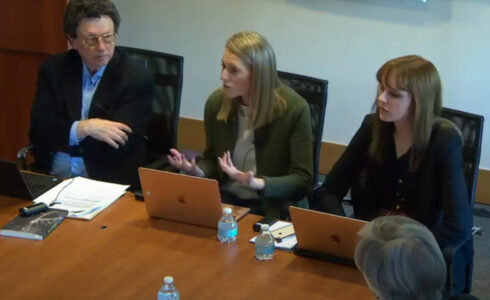
Death Dust explores the largely unknown history of the rise and demise of RW—sometimes portrayed as a “poor man’s nuclear weapon”—through a series of comparative case studies across the United States, the Soviet Union, the United Kingdom, Egypt, and Iraq.
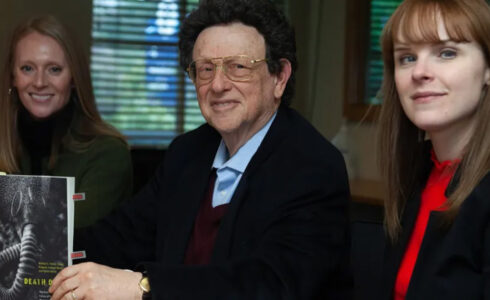
This seminar focuses on the findings of the recently published book “Death Dust: The Rise, Decline and Future of Radiological Weapons Programs.”

Outrider.org launched a podcast “The Reason We’re All Still Here,” with Jeffrey Lewis discussing nuclear weapons history and the citizens who chose to build a safer world.

Staffers learn how easy it might be to genetically engineer a pathogen and how synthetic biology can speed up the manufacturing of medicinal compounds.

Proper federal oversight could make invisible labs more visible and prevent unsafe labs from working with dangerous pathogens.